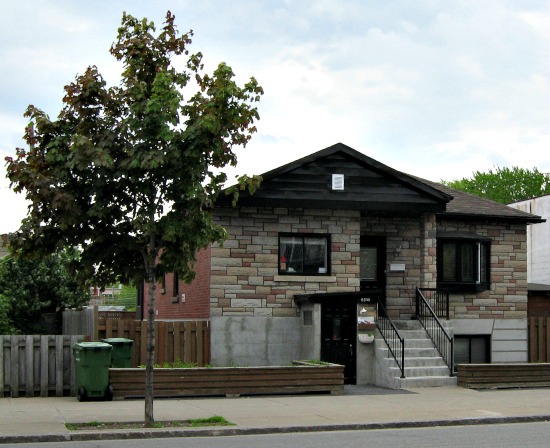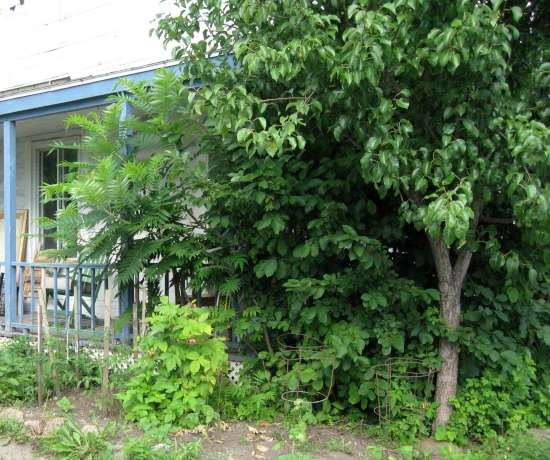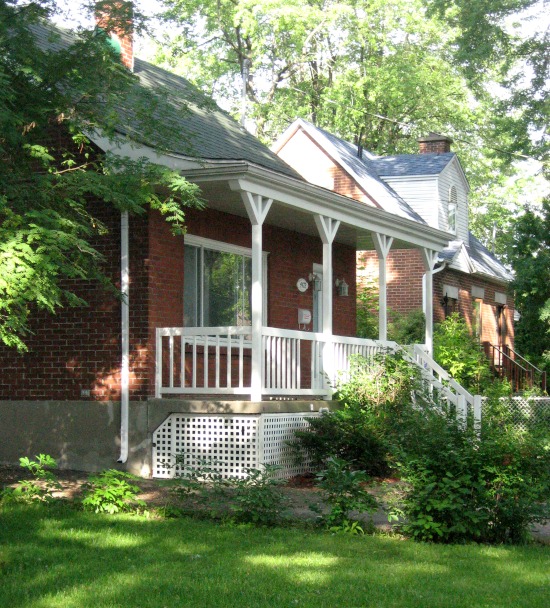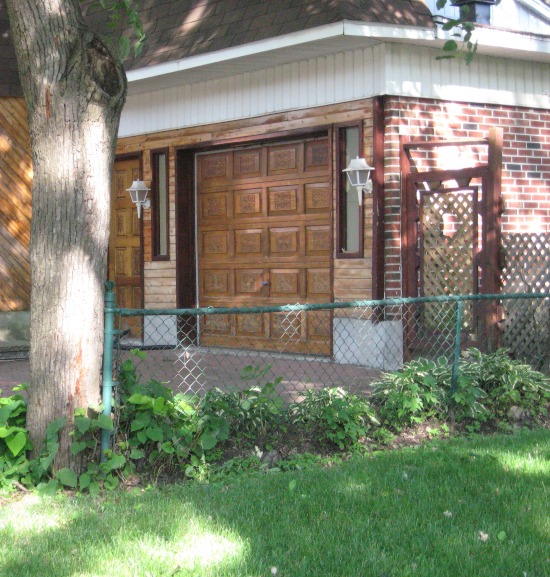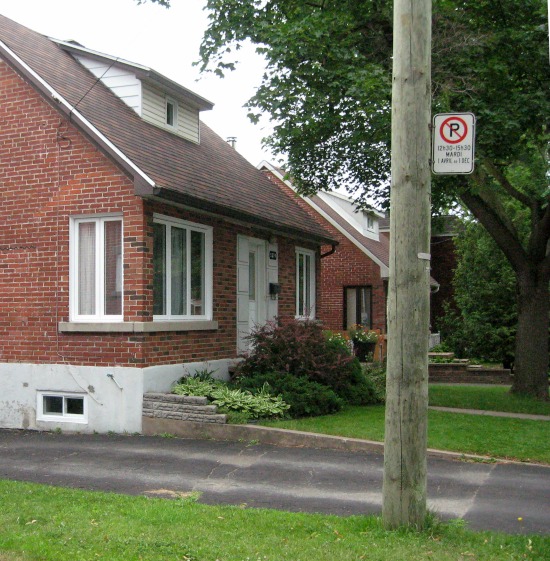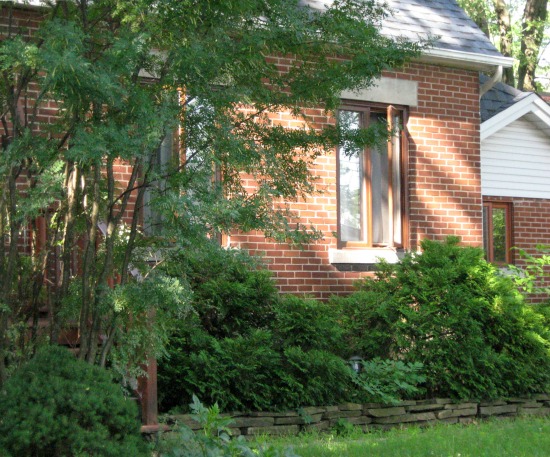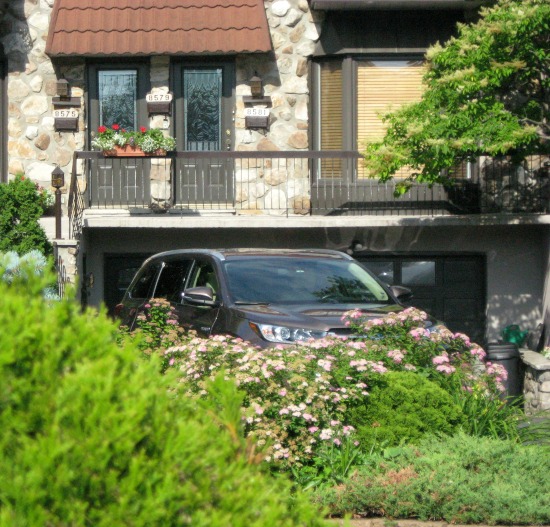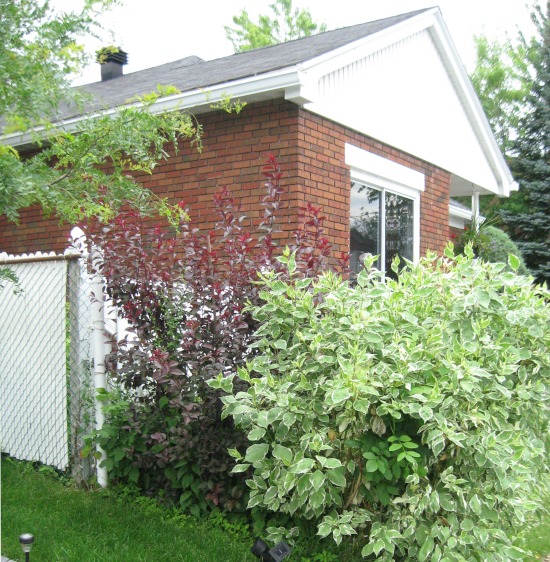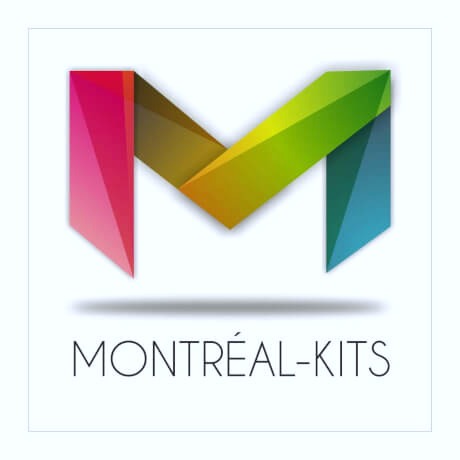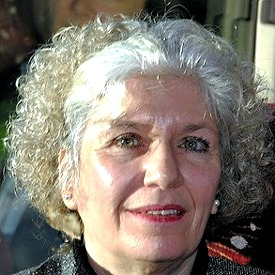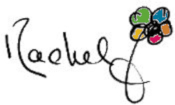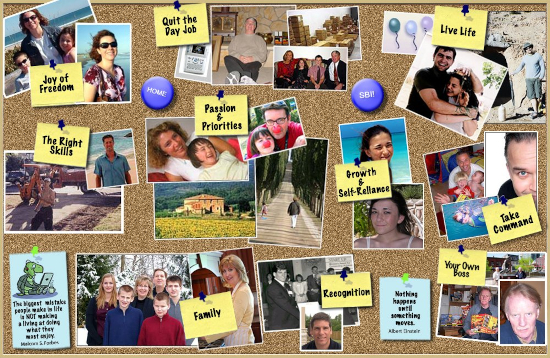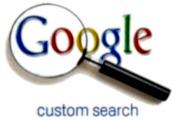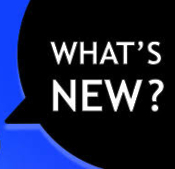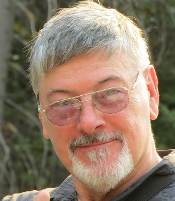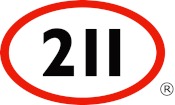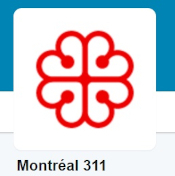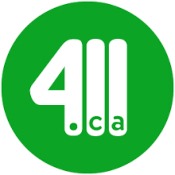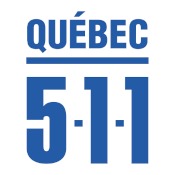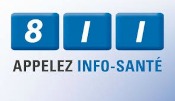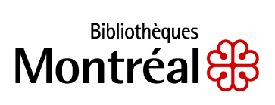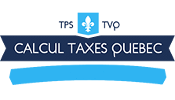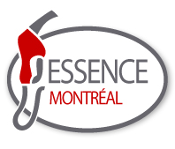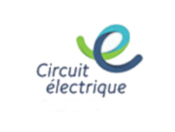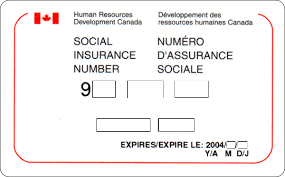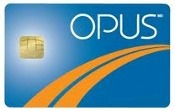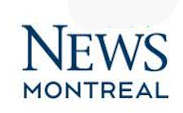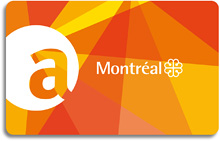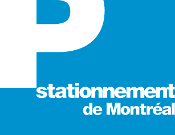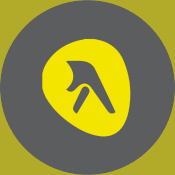Montreal Urban Kit
Montreal Urban Kit is, in many ways, about our urban spaces and urban activities such as houses to buy and houses to rent, park designs, city street maps and, in a more practical way, about our local commercial streets and activities.
Compared to villages and small towns, cities are central mostly because of the large variety of services they offer. Services such as university education, employment jobs, real estate property listings, fine dining restaurants, community services organizations, personal, commercial and business services and many others
Cities are central because of the unlimited social potential of the friendship, interactions and networking they offer. Montreal is where we meet, where we relate and where we interact.
Montreal is also where our urban emotional availability is lesser than in any smaller rural population. The reason is quite simple, there are a great many of us and we sort of tend to stick to our families, our friends, our co-workers and some of our neighbors.
Montreal is the largest island of all the Montreal islands and there are many. An island surrounded by two rivers and a lake, the Prairies River, the Two Mountains Lake and the St-Lawrence River.
The Rivière-des-Prairies also called Prairie River or Back River flows between Ïle Jésus where the city of Laval is located and the Island of Montreal. A Prairie River that eventually flows into the St-Lawrence River at the eastern tip of the Island of Montreal.
One distinctive features is that, in our daily Montreal Urban Kit, East is referred to as North and West is referred to as South. Montreal is the only city in the world where the sun sets in the North simply because we adapted our street system and grid to the geography of our island.
Streets that are perpendicular to the two rivers are referred to as North or South, North being in the vicinity of the Rivière-des-Prairies and South being in the vicinity of the Fleuve Saint-Laurent.
Montreal Urban Kit Builder
In Montreal, streets that are parallel to both rivers that is the Rivière-des-Prairies EAST and the St-Lawrence WEST are divided by the St-Lawrence Boulevard (also called the Main) and the sectors are referred as EAST and WEST.
For example, Anjou and Saint-Léonard boroughs are located EAST of the St-Lawrence Boulevard while Lachine and the LaSalle boroughs are located WEST of the St-Lawrence Boulevard.
Montrealers are familiar with where is East and where is West in their City but visitors seldom are. Same with NORTH and SOUTH, Rivière-des-Prairies-Pointe-aux-Trembles NORTH, Senneville, Baie-d'Urfé, Sainte-Anne-de-Bellevue SOUTH.
IIt is not all sunshine and roses in our Montreal urban vision.
The City of Montreal needs to increase transit to its downtown core, especially since (according to some) Montreal is the third worst city in Canada when it comes to traffic.
Montreal also needs to build new primary schools, at least one new public secondary school, new family dwellings with three or more bedrooms, new social and community housing units and new urban bike paths.
The City also needs to plant trees to reduce heat islands and urban air pollution, encourage urban gardening, implement a comprehensive program for affordable housings, promote the construction of energy-sufficient buildings and encourage car-sharing and public transport.
Canada has become a "country of suburbs" and Montreal Urban Kit is no exception. Many Montrealers moved from the City of Montreal to suburbs such as Laval across the Riviere-des-Prairies in the North and Longueuil across the St-Lawrence River in the South
Suburbs where most if not all the public services and urban facilities are now easily accessible and where Montrealers become Lavallois and Longueuillois.
The City of Montreal was once called a "doughnut hole" because part of its population lived in the suburbs and worked in Montreal, especially in downtown Montreal. An urban sprawl that once brought damaging consequences such as huge traffic to and from the City.
More roads mean more cars and more cars mean more greenhouse gas emissions. Constant traffic congestion has a negative impact on our local economy and possible solutions rely heavily on public transportation and on our obligation to reduce our fossil combustion.
What we actually need to do is fight against urban sprawl and car pollutants, improve our public transportation, promote cycling and walking and support energy-sufficient residential development in accordance with our present and our future public transit networks.
Montreal Kits
Montreal Urban Kit
Disclaimer Keep in Touch! Montreal Tourism
Privacy Policy Rachel Louise Barry Sitemap
Montreal Kits © All Rights Reserved 2018-2024
The information provided by Montreal Kits is informational only and has no legal value.







